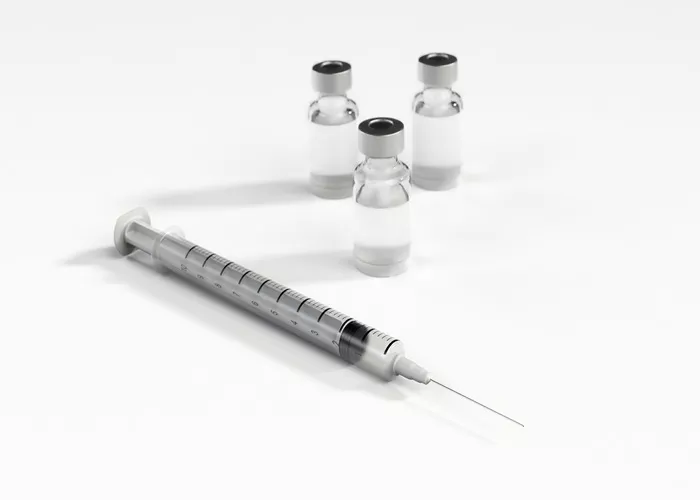In a groundbreaking study, researchers at the University of Colorado Boulder have found that exposure to beneficial bacteria may help protect against weight gain, particularly in individuals consuming a high-fat, high-sugar diet. The findings, published in Brain, Behavior, and Immunity, point to a surprising new weapon in the battle against obesity—microorganisms found in soil and cow’s milk.
The study, led by Professor Christopher Lowry, explores the potential of Mycobacterium vaccae (M. vaccae), a bacterium that has long been associated with positive health outcomes. The research shows that when animals were regularly injected with M. vaccae, they remained largely immune to the weight gain typically induced by an unhealthy Western diet—rich in fats and sugars.
“What makes this study particularly striking is that we observed a complete prevention of diet-related weight gain,” said Lowry, a professor of integrative physiology at CU Boulder. “This suggests that exposure to beneficial bacteria could shield us from some of the harmful effects of a typical Western diet.”
The Power of ‘Old Friends’ Bacteria
The research taps into the growing body of evidence surrounding “old friends” bacteria—microorganisms that have evolved alongside humans and were once crucial for regulating the immune system and preventing chronic inflammation. However, modern urban lifestyles, which are more sanitized and less connected to nature, have led to a decline in exposure to these beneficial bacteria, leaving many at risk for inflammatory diseases.
Lowry’s previous studies have shown that inoculation with M. vaccae can help prevent stress-induced inflammation in mice. This discovery led him to explore whether the same bacteria could also offer protection against diet-induced obesity and related health issues.
A Surprising Discovery
For this study, Lowry and PhD candidate Luke Desmond fed two groups of adolescent mice either a standard healthy diet or a junk food equivalent—40% fat, 40% carbohydrates (half of them from sugar), and 20% protein—over a 10-week period. Half of each group received weekly injections of M. vaccae.
The results were striking. While the junk food group without bacteria injections gained significantly more weight than the healthy diet group, the junk food group receiving M. vaccae injections gained no more weight than the healthy eaters. In fact, they had less visceral fat, the harmful fat that surrounds organs and increases the risk of heart disease and diabetes.
“This suggests that M. vaccae effectively prevents excessive weight gain caused by a Western-style diet,” said Desmond. The bacteria not only prevented weight gain but also appeared to mitigate the harmful effects associated with high-fat diets.
What’s Next for the ‘Dirt Vaccine’?
While the findings are promising, more research is needed to determine how exactly M. vaccae prevents weight gain and whether its benefits can be replicated in humans. Lowry hypothesizes that M. vaccae may reduce inflammation, improve fat metabolism, and enhance overall energy expenditure.
In collaboration with CU Boulder’s commercialization arm, Venture Partners, Lowry has launched a startup called Kioga to explore the development of microbe-based products aimed at preventing weight gain and promoting general health.
“We hope to investigate whether taking M. vaccae orally could have the same effect, and if it could help individuals who are already overweight manage their weight,” Lowry explained.
For those looking to incorporate beneficial bacteria into their lives today, Lowry recommends simple lifestyle changes—spending time outdoors, gardening, and eating fresh vegetables, which naturally absorb beneficial microbes from the soil.
A Complementary Approach to a Western Diet
Although the research offers an exciting potential solution, Lowry acknowledges that the best way to prevent obesity is still to reduce consumption of junk food. “More than half of the food sold in grocery stores is junk food,” he said. “It’s everywhere, and it’s hard to avoid. But if we can restore our exposure to these ‘old friends,’ we might be able to prevent weight gain and other health problems, even with the prevalence of unhealthy diets.”
As scientists continue to unravel the mysteries of the microbiome, a future where exposure to beneficial bacteria could serve as a key tool in the fight against obesity seems increasingly within reach.
Related Topics:
Which Injectable Is Best For Weight Loss


